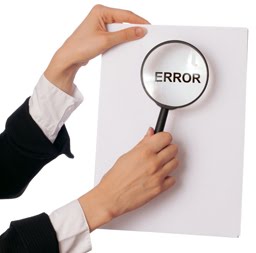
The Fair Credit Reporting Act (FCRA) prohibits credit bureaus from reporting accounts that have been placed for collection or charged off for more than seven years.
What Does This Mean For You?
The creditor (known as a “furnisher” under the FCRA) is required to tell the credit bureau the date of the first delinquency because the seven years actually begins to run 180 days following that date.
After the seven years expires, the debt’s “trade line” is supposed to age off the credit report.
Creditors, however, sometimes improperly cause the “re-aging” of the negative trade line so that the seven year clock starts again.
 Besides “re-aging” accounts, creditors may violate the FCRA if they fail to report that a consumer has disputed the information contained in a trade line.
Besides “re-aging” accounts, creditors may violate the FCRA if they fail to report that a consumer has disputed the information contained in a trade line.
Without the notation of a dispute, the credit report is inaccurate and incomplete.
Other credit report mistakes may include
- (a) reporting the entire balance of a mortgage as unpaid even though the loan may have been partially repaid after a sheriff’s sale
- (b) reporting a mortgage as delinquent even though the consumer may be current on a new modified loan
- (c) incorrectly reporting a mortgage loan modification under the federal government’s Home Affordable Modification Program (HAMP).
Consumers can obtain actual (and sometimes punitive) damages, costs and attorney’s fees in lawsuits proving violations of the FCRA. If your credit report contains errors, contact us to discuss your options and the procedure for enforcing the FCRA.


